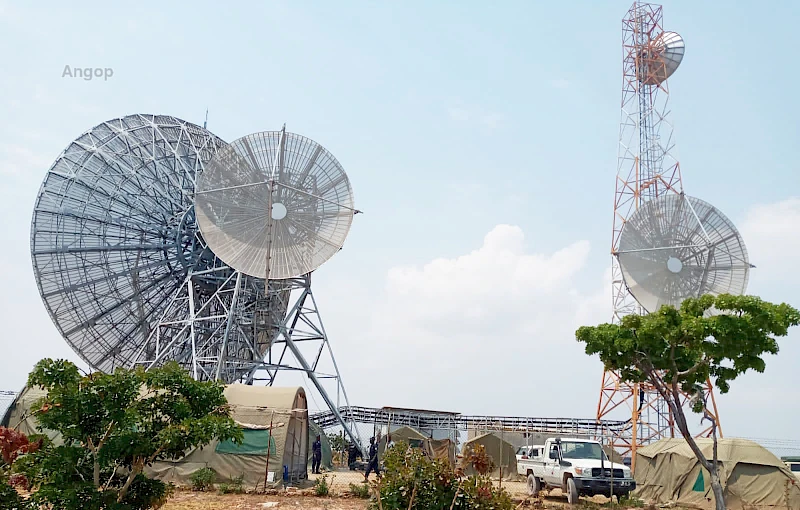Talatona – Angola has 11 million internet according to the Minister of Telecommunications, Information Technologies and Social Communication, Mário Oliveira.
When speaking at the first Internet Governance Forum in Angola, held Thursday, in Luanda, the government official highlighted that the use of social networks is also registering notable growth, with 3.45 million social network users, equivalent to around 20 % of the adult population.
Despite this evolution, he also highlighted the sector's challenges, the increase in the network of Broadband and other last-mile support infrastructures, as well as the reduction of the digital disparity between urban areas and rural areas and the promotion of digital literacy for all Angolans.
To overcome these challenges, Mário Oliveira said that the sector has been working on implementing projects focused on reducing digital info-exclusion, through the exploitation and use of the most modern technologies, as well as following the path towards modernization and digitalization of the economic fabric.
According to the minister, promoting digital inclusion and access to information and communication technologies for all Angolans, with particular emphasis on rural regions, allows for a more equitable, innovative and prosperous society.
In addition to providing access to the internet, he said that digital inclusion also ensures that each Angolan has the necessary skills to fully use information and communication technologies, putting these practices at the service of society and the country's development.
According to the minister, these initiatives represent the backbone of the Angolan Executive's efforts to democratize access to information and knowledge, ensuring that technology is a driver of social and economic inclusion.
He pointed to the National Space Program as one of the examples of the country's technological development, with emphasis on ANGOSAT-2, an infrastructure that has supported telecommunications operators to provide a quality transmission service in satellite communications.
He said that space applications have already made a contribution to some sectors of the national economy, namely in the oil and gas sector, mineral resources, among others.
“The ANGOSAT-2 project has benefited communities in specific areas, such as the provinces of Luanda, Cuando Cubango, Bié, Lunda Norte and Lunda Sul, which have already benefited from the services of this satellite”, he recalled.
He also highlighted that the “Internet in schools” initiative, through the “Ngola Digital” project, as well as the expansion of the fiber optic data network and the fiber optic interconnection project between Angola, the Democratic Republic of Congo, Zambia and Namibia as parts of broader initiatives to improve telecommunications infrastructure and increase connectivity in the Southern African region.
According to the government official, the digital era has brought an uninterrupted flow of information sharing, making it essential to create assumptions to discourage the sharing of false data and information.
He recalled that the dissemination of false information distorts the reality of facts and threatens the integrity of institutions and the social fabric.
Therefore, he called on participants in the Internet Governance Forum to also draw up effective strategies to combat so-called 'Fake News' and disinformation, while providing freedom of expression and access to truthful and reliable information.
Under the motto 'Promoting digital harmony and online responsibility', the first Internet Governance Forum in Angola reflected on the process of establishing rules, regulations, policies and principles that guide the use, development and administration of the internet on a global, regional and national levels.
Promoted by the National Institute for the Promotion of the Information Society (INFOSI), the event also covered topics such as 'Importance of the internet in modern society and the promotion of responsible and inclusive use of this platform', 'Regulation and cooperation in internet governance'. ‘Digital marketing strategies’, among others. GIZ/QCB/DOJ





















